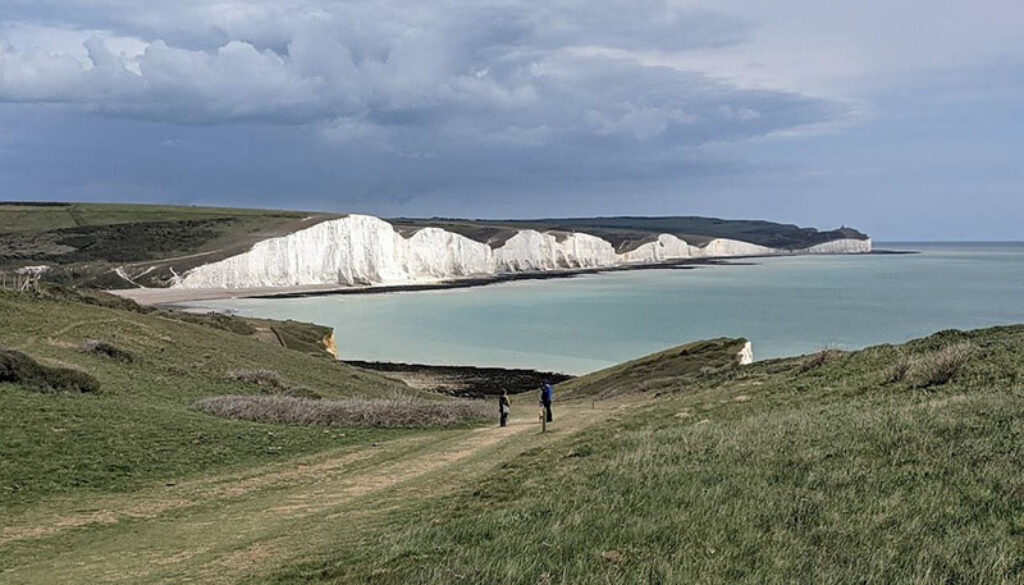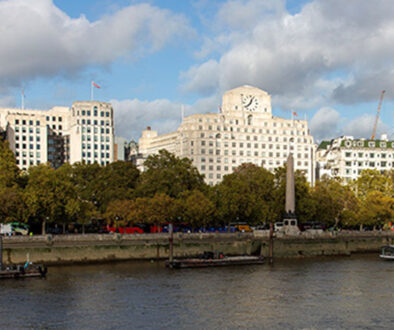The newly completed England coast path
Wednesday 8th February 2023
7.30 pm
10A South Grove N6 6BS and on Zoom
Entry £5, including a glass of wine or soft drink (£3 on Zoom)
Booking via Eventbrite – click here.
An illustrated talk by Professor Richard Webber
” This talk celebrates the imminent completion of the England Coast Path. At 2,800 miles it is the world’s longest coastal footpath. No other coast path will expose walkers to such a richness of natural and man-made heritage.
This Path is the culmination of 80 years’ collaboration involving campaigners, charities, land-owners, volunteers and local councils. Through their efforts we now inherit a path which can reasonably claim to be England’s most popular tourist attraction.
The best way to appreciate the significance of the Path is by considering some of the subtle ways in which the pattern of a typical seaside visit has evolved over the years. These changes led to the designation of our first long-distance coastal trails, the South West Coast Path, the Cleveland Way, the Saxon Shore Way and the Norfolk Coast Path.
This puts into context both the economic and the social justification for the new round-England Coast Path and why its design breaks new ground in terms of access and sustainability.
Using the sections of the Path that I have walked so far – now nearly two thirds – I will share some of my own favourite locations. I say “share” because I suspect the images I show will evoke equally powerful memories among many members of the audience.
But more of my lasting impressions than I had expected are of locations in less visited sections of the Path, such as the Durham coast and the Isle of Sheppey. It is my feeling that the Path derives only part of its value from the access it offers to places of recognised scenic splendour.
Of equal value is the Path’s capacity to bring to life so many different details of our country’s diverse social and industrial history – the sheds of pigeon-fanciers in Skinningrove, the Burgh Island hotel where Agatha Christie wrote The Mousetrap – and that it is when walking our coastline that we are encounter this history most readily. “




